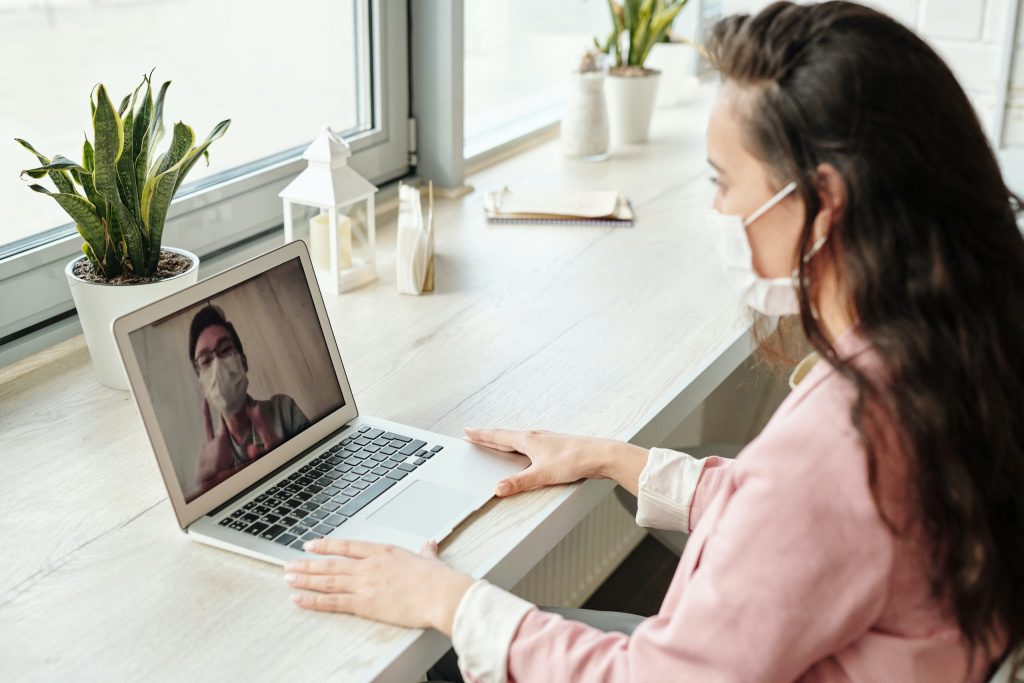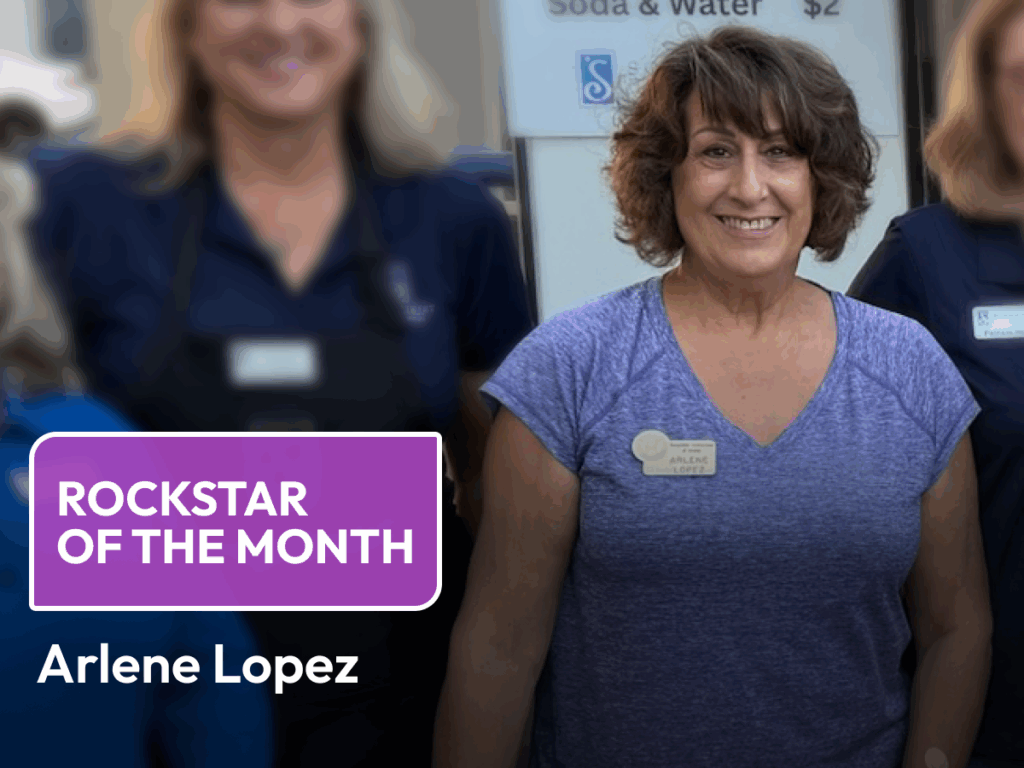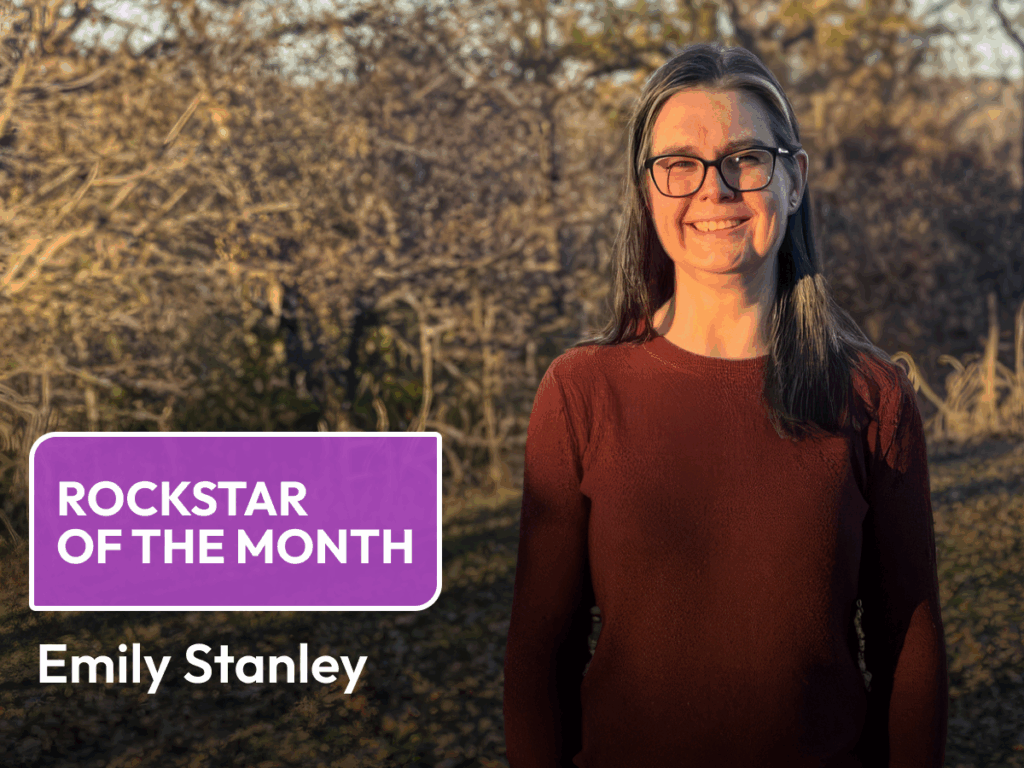Reemergence of Delta Variant
The Coronavirus pandemic entered our lives in 2019. It is hard to believe that in 2021, Covid continues to have a significant impact with the emergence of the Delta variant and renewed health and safety concerns.
Covid has affected our lifestyles and eating behaviors in a variety of ways. At the beginning of the pandemic, in an effort to occupy time, find comfort, and to provide a sense of safety and food security during a period of uncertainty, many of us turned to bread making, baking, elaborate meal creation, and hoarding during infrequent grocery store trips. As time went on, guidelines changed and testing and vaccination accessibility increased. During the peak of the pandemic, you may have restricted your behaviors and movements. As restrictions loosened, you may have emerged from your home with a mix of trepidation and anticipation, looking to reconnect with the people and places that are important to you. Dining at favorite restaurants, having loved ones to the backyard, browsing store aisles, or more comfortably gathering indoors may have re-entered your life. The concerns surrounding the Delta variant may have you reconsidering your safety calculus. If so, the tips below can help you navigate the potential impact of a return to greater restriction on your mood and eating behaviors.
Food Triggers
The increased time spent at home can lead to overconsumption. We are surrounded by food triggers as we are working and staying in our homes more. We are within close proximity of our kitchens, leading to greater ease of access. It can be helpful to work in a space that is furthest from the kitchen. Also, try to set a structure around eating. Planning meals, eating at meal times, and sending in food pictures to Enara or logging intake can help with accountability. Additionally, limiting the availability of foods that are overstimulating, doing a check-in to assess physical hunger level, and determining if you are thirsty before choosing to eat can also be effective strategies.
The pandemic has also led to increased social isolation, decreased engagement in the activities we enjoy, and greater stress, anxiety, sadness, and nostalgia for prior times. Food may serve as a source of comfort, coping, and means to keep those we are physically distanced from emotionally close via familiar foods and associated memories. While food is not necessarily an ineffective means of self-soothing, the relief is often temporary. If the reliance on food for psychological regulation increases, we may experience greater distress due to weight gain, health concerns, or feeling out of control about our eating behaviors.
Stress Management
It can be useful to brainstorm alternatives to manage emotions. For example, calling, video chatting, or safely meeting a friend for support can remind us we are not alone during this challenging time. Practicing stress management techniques such as deep breathing or guided imagery can help bring emotional and physiological calm. Engaging in exercise can lift mood and boost the immune system. Additionally, identifying other distractions in advance (e.g. reading a book, watching a show or movie, journaling, or doing a craft or hobby) reinforces that there are alternatives to using food for coping. Self-talk can also be extremely helpful. I always ask my clients to be “reflective before they are reflexive” or “put a pause between the impulse and the action”. These phrases can be impactful reminders to assess if emotions are motivating your desire to eat, how you will feel during, and how you may feel afterwards. If you realize that food consumption may leave you feeling worse off, you now have an opportunity to make a non-food related choice such as the activities mentioned above.
The pandemic has also impacted our rituals around eating. Nuclear families may have returned to cooking and eating together as schedules may be less hectic. This can be an opportunity to collaborate on healthy grocery shopping, recipe ideas, meal planning, and meal preparing. In addition to the food shared, take time to reflect upon what may have been gained, such as increased family time, during a period when much feels lost.
Many have increasingly relied on take-out or outdoor dining to provide a greater variety of cuisine, to take a break from cooking, and to support local businesses. Restaurant food doesn’t have to be a trigger for overeating. Study the menu beforehand to find a choice you like that also meets your dietary goals. Look for modifications that can make the dish healthier, practice portion control by refrigerating half for tomorrow, or share a dish with a friend or family member.
The pandemic has impacted our eating behaviors in a multitude of ways. Food is a source of nourishment, nurturance, pleasure, and connection. Take the time to examine your eating behaviors. You can work to modify choices that are no longer effective, whether due to physical and/or emotional impact, and retain those that continue to resonate. Do all of this while treating yourself with grace, recognizing that this has been a time like no other. You deserve extra kindness and compassion as you work towards a healthier body and mind.
If you would like further support, please consider our upcoming Behavioral Health Group Classes. Read below for more info:
Upcoming Group Classes
Mindful Eating in Practice
Put mindful eating into practice with this 4-week group focused on helping you transform your relationship with food and develop a kinder, gentler approach to eating.
Weekly group sessions will include psychoeducation on mindful eating as well as guided mindfulness practices to engage your senses and encourage a deeper appreciation of every bite and ingredient you consume. This group will challenge you to plan out your weekly meals with intention, remove distractions, reconnect with your senses, and increase your awareness of your entire experience of eating.
Begins Tuesdays September 14th, 5pm-6pm
Click the link below to sign up:
https://enarahealth.as.me/?appointmentType=17097766
Overcoming Obstacles to Weight Loss
This 6-week group will introduce you to Cognitive Behavioral Therapy (CBT) techniques that will help you increase your awareness of the connection between your thoughts, emotions, and eating behaviors. You will learn how to challenge sabotaging and unhelpful thoughts that are interfering with your weight loss, identify obstacles to weight loss, and make behavioral changes to overcome those obstacles. Additional group focus areas will include topics such as managing cravings and increasing self-kindness.
Begins Wednesday September 15th, 1:30-2:30pm
Click the link below to sign up:
https://enarahealth.as.me/?appointmentType=17658047
The Long Run Active Maintenance Group
This 6 week group will introduce a variety of psychological techniques to support your long-term commitment to the dietary, exercise, and overall psychological and physical health goals you have been working towards with the Enara program. Weekly groups will include topics such as self confidence and emotional strength building, setting value based goals to promote active maintenance, learning cognitive behavioral and acceptance commitment therapy techniques to challenge self sabotaging thoughts and behaviors, learning how to build, implement, and retain a lifelong self care practice, and developing a lapse or relapse prevention plan to get you back on track if needed.
Begins Wednesday September 15th, 5pm-6pm
Click the link below to sign up:
https://enarahealth.as.me/?appointmentType=25843898
Dialectical Behavioral Therapy for Breaking Free from Binge Eating
In this 8 week group you will learn Dialectical Behavioral Therapy (DBT) strategies to teach you how to be present in the moment, practice adaptive means of coping with stress, regulate emotions, and improve your interpersonal relationships and communication. You will employ these DBT skills to better understand your triggers for binge eating behavior and break the cycle.
Begins Thursday September 16th, 11am-12pm
Click the link below to sign up:
https://enarahealth.as.me/?appointmentType=25773461
Coping With Stress and Anxiety
This 5- week group will introduce a variety of techniques to cope with stress and anxiety during these uncertain times. Weekly groups will include topics such as understanding the mind-body connection, learning techniques to respond in more helpful ways to your anxious thoughts, and introducing daily gratitude, breathing, and mindfulness practice. The overall goal of this group will be to help you increase your stress resilience, reduce anxiety, and learn coping skills to feel confident in your ability to navigate daily stressors.
Begins Thursday September 16th, 12pm-1pm
Click the link below to sign up:
https://enarahealth.as.me/?appointmentType=18408343
Before registering please ensure you will be able to attend most, if not all classes in your selected series. The content builds from session to session and missing classes could impact your experience, in addition to taking a spot from another potential member. Please note a $35 no show/late cancellation fee will be charged for absences not notified 48 hours in advance of the class start time.
Due to California psychology licensure laws, Enrollees must reside in California and can only register for one class series at a time.



